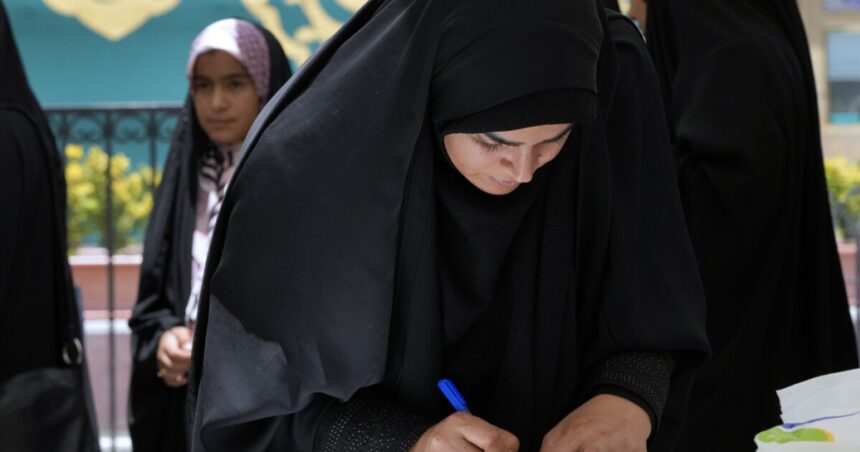Iran is set to have a runoff presidential election between a reformist and a hard-line former nuclear negotiator, as the results from Saturday revealed the lowest voter turnout in the country’s history.
In the initial race, more than 60% of voters did not cast a ballot, with reformist Masoud Pezeshkian surpassing Saeed Jalili, who ran alongside two other hard-liners.
Now, Jalili will face Pezeshkian in the July 5 runoff, as public dissatisfaction grows due to economic struggles and protests under Iran’s Shiite theocracy.
Out of the 24.5 million votes cast, Pezeshkian received 10.4 million, while Jalili secured 9.4 million, according to election spokesperson Mohsen Eslami. The other hard-liners did not receive significant votes.
The runoff is required because no candidate received over 50% of the votes. This is only the second presidential runoff in Iran’s history, the first one occurring in 2005.
Despite calls for boycotts and dissatisfaction with the candidates, a significant number of votes were voided, indicating reluctance to support any candidate.
While turnout was low at 39.9%, the public sentiment against the government and the limited options available for voters were evident throughout the election process.
The runoff will be crucial to see if Pezeshkian can rally more voters to support him and prevent a victory for Jalili, who has a strong hard-line stance on various issues.





